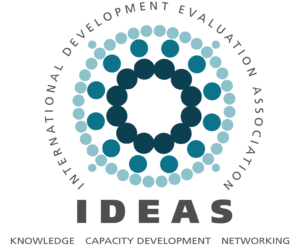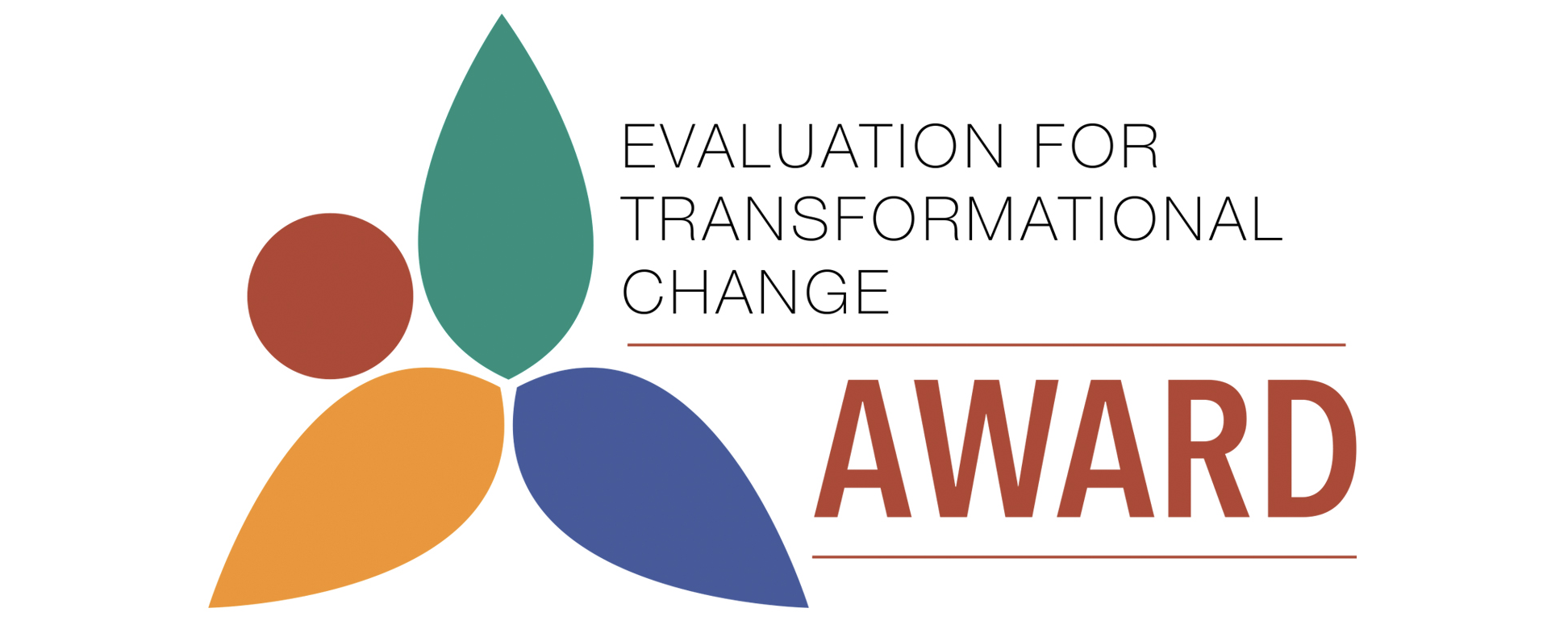This Award is given in recognition of the growing understanding around the world that we need to transform our societies, our economies and our relationship with nature. On many fronts the world needs transformational change to be able to achieve the aspirations expressed in the 2030 Agenda for Sustainable Development and the Paris Agreement. There is a sense of urgency in this ambition: Achieving the Sustainable Development Goals by 2030 appears to be out of reach, and the conduct of humanity over the last two centuries has led to the overshoot of key planetary boundaries. As a result, the era of the Anthropocene has brought with it multiple interconnected, cascading crises – climate change, biodiversity destruction, a pandemic, a recession, and vast and accelerating inequalities.
What is transformational change?

‘Transformational change’ implies drastic and durable changes in the systems that make up societies and nature. A useful definition is provided by Deutsche Gesellschaft für Internationale Zusammenarbeit (GIZ) GmbH:
“Transformational change can be claimed only if the change is profound enough to shift societies, including the global one, onto fundamentally different development pathways". And furthermore: “Transformational change converts a current (ecological, social, political, economic, scientific, or technological) system or all systems together into a fundamentally new one that, from there on, forms the new mainstream”.
Transformational change usually takes time and is seldom achieved through one intervention. It tends to consist of many incremental changes that happen over time; even the most effective interventions, such as the mobile phone, transformed societies only when appropriate infrastructure, market forces, app innovations, policies and regulations aligned and evolved in concert.
The value of evaluation in support of transformational change

Evaluations can contribute to transformational change in several ways, among others the following:
- They can provide evaluative evidence on whether changes are (potentially) truly transformational.
- Their design may focus on key aspects of change that need to be understood to achieve further progress towards transformational change.
- Innovative elements in these evaluations may uncover new areas of evidence and insight that can inform or encourage initiatives aimed at transformational change.
- The process of evaluation can be transformational for stakeholders. It may, for example, provide them with the inspiration to overcome barriers to transformation or shift societal and institutional debates in new directions that can contribute to transformational change.
Invitation to Nominate Evaluations: Award Competition 2022
Evaluation in support of transformation – the evaluation of initiatives that support efforts aimed at transformational change.
Such evaluations will aim to assess efforts that are intended to trigger or contribute to desired transformations*, whether ecological, social, political, economic, scientific or technological, or a combination – for example, moving countries or rural areas out of poverty traps, developing green cities, reversing the destruction wrought by the COVID-19 pandemic, or creating circular economies.
Evaluation as transformation – Evaluations that are in themselves transformative.
An evaluation process, if implemented in an innovative, culturally responsive and empowering way, can in itself be transformative for one or more stakeholder groups, and/or for the initiatives in which they are engaged.
Award Categories
An award will be established in each of the following two categories.
Who can nominate evaluations?
Nominations may be submitted by evaluators or evaluation teams from, or commissioned by wide range of organizations, including multilateral and bilateral organizations, not-for-profit organizations (e.g., NGOs, foundations), academic institutions, private sector, or public sector organizations. Evaluations may not be nominated by commissioners or by the institutions that mandated these evaluations. Furthermore, staff of IOE IFAD, IEG World Bank Group and the Board of IDEAS will not be allowed to participate due to the potential for conflict of interest.Publication
Nominated evaluations will be required to provide permission for publication, including in the Award electronic library.Prize

The winner in each category will receive a monetary award of US$ 5,000 and a certificate, and will be invited to contribute a chapter in an IDEAS publication after the Global Assembly.
The runners-up in each category will each receive a trophy or certificate (honourable mention).
The winners and runners-up will be invited to take part in the IDEAS Global Assembly and Award Ceremony to be held in 2022.


